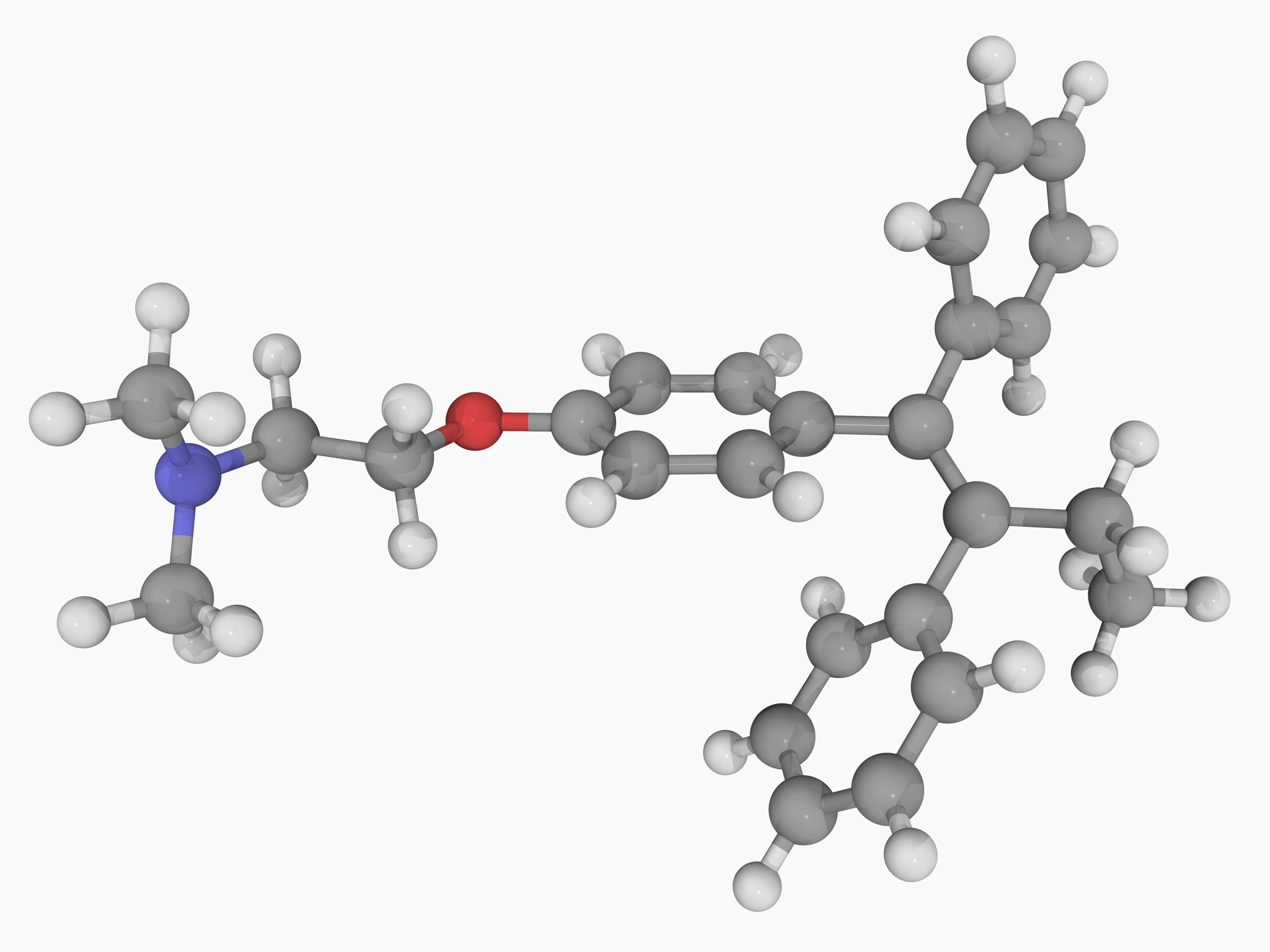Breast cancer drug's 'brain fog' side effects are real, say researchers
The 'mental fog' effect experienced by users of the drug Tamoxifen has a 'biological basis'

Researchers have found firm biological evidence to back up anecdotal reports by users of the breast cancer drug Tamoxifen who have experienced a 'foggy' feeling in the brain.
The team from the University of Rochester in New York have shown that the drug is toxic to certain cells of the brain and the central nervous system, which explains the phenomenon of mental 'fogginess', similar to that experienced by some chemotherapy patients.
Separately, the scientists also discovered a drug compound that helps to save brain cells from such adverse effects of using the drug.
While the drug is widely used and relatively benign, it can produce troubling side effects among a subsection of the large group of women who use it.
The team, led by senior researcher Dr Mark Noble - a professor of biomedical genetics at the University - were able to isolate cells in the brain and nervous system that are harmed by the drug.
They were then able to find another drug, known as AZD6244, that stopped Tamoxifen killing brain cells in mice while offering no protection to cancer cells.
“As far as I know, no one else has discovered an agent that singles out and protects brain and central nervous system cells while also not protecting cancer cells,” said Dr Noble.
The research, published in the Journal of Neuroscience, also identifies the cells that are most vulnerable to the toxic side effects of Tamoxifen.
Commenting on the findings Dr Noble added, “It’s critical to find safe treatments that can rescue the brain from impairment, because despite increasing awareness and research in this area, some people continue to endure short-term memory loss, mental cloudiness, and trouble concentrating.
"For some patients the effects wear off over time, but others experience symptoms that can lead to job loss, depression, and other debilitating events.”
Tamoxifen is used to treat breast cancer by blocking the effects of hormones that may worsen certain types of the cancer.
In Britain, the National Institute for Health and Care Excellence (NICE), which advises health professionals on the best and most affordable treatments, produced guidelines in June recommending that healthy women be given drugs tp prevent breast cancer.
It is thought that up to half of women in the UK put on Tamoxifen, stop taking the drug prematurely due to the unpleasant side effects.
Breast cancer is the most common cancer in the UK, with approximately 50,000 women and 400 men diagnosed with the condition every year.
Join our commenting forum
Join thought-provoking conversations, follow other Independent readers and see their replies
Comments